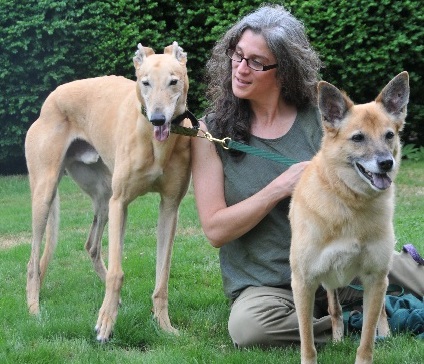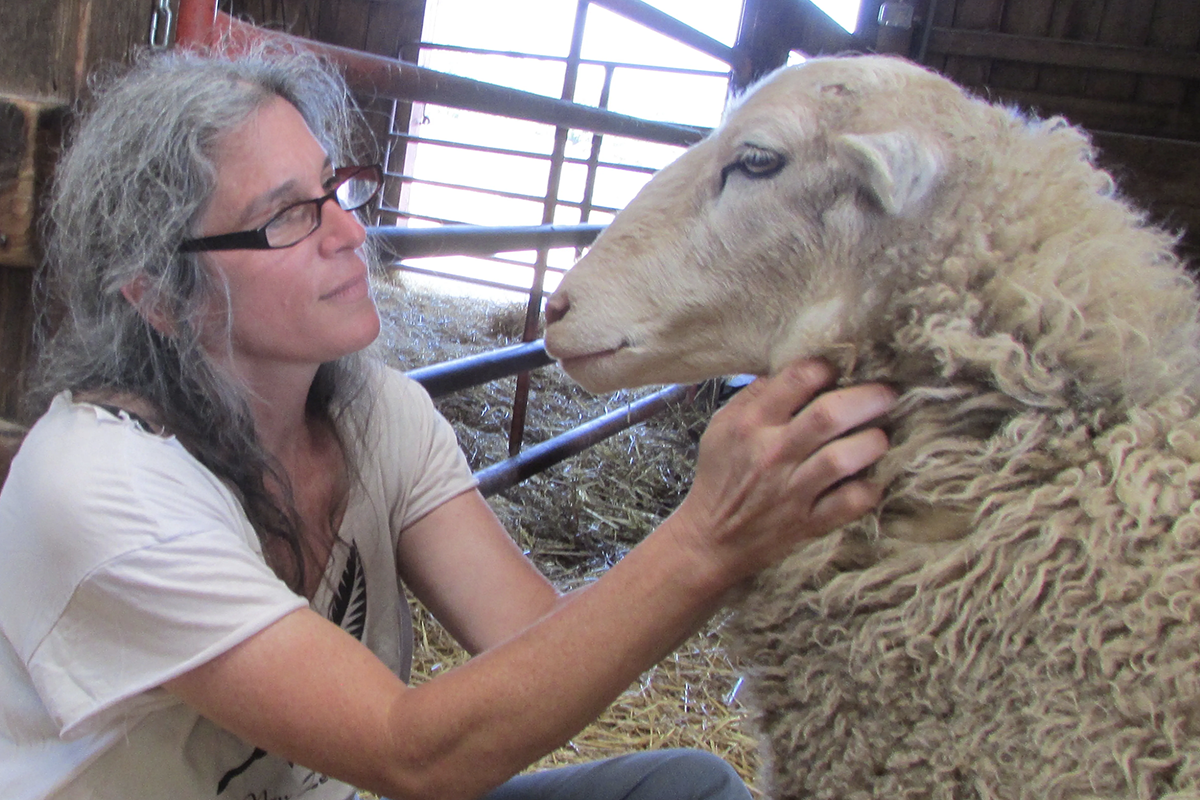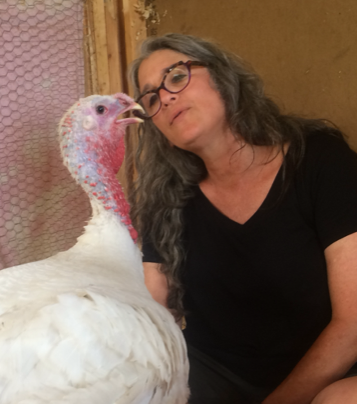Brooks Fellowship Supports Gruen’s Work on Animal Ethics


As an undergraduate contemplating what to study – perhaps even what to do with her life – Lori Gruen, William Griffin Professor of Philosophy, took a philosophy class that had a section on animal ethics.
“It completely changed my life. It is why I became a philosopher. I’ve been involved in thinking about animal ethics now for about forty years,” Gruen said. “As it turns out, for a lot of students, animal ethics is their entry into philosophy.”
Her research into the topic is going deeper thanks to a Brooks Institute Scholars Research Fellowship, administered by the Brooks Institute for Animal Rights Law and Policy.
The goal of the fellowship is to support outstanding research that will advance the fields of animal law and policy. “In keeping with the Brooks Institute’s mission, Gruen’s multi-pronged, multi-disciplinary project seeks to help push a paradigm shift and make empathy more central in the work we do for animals,” according to a Brooks Institute statement.

Gruen, who started Wesleyan’s Animal Studies program in 2007, seeks to broaden the impact of empathy. Through classes, research, and an exploration of how virtual reality can enhance understanding of animals’ experiences, Gruen hopes to reframe how we think about connecting with animals and each other. “The traditional approaches to thinking about animal ethics leaves too much out,” Gruen said.
Gruen has developed a theory called entangled empathy (which is also the name of her 2015 book.) “Entangled empathy is a process that involves both reason and emotion and it directs our attention to the well-being of others. The traditional way of thinking about empathy is you put yourself in another’s shoes. That is just one component,” she said.
The next step is to understand the circumstances of the other, the social conditions they find themselves in, she said. We are already in all kinds of relationships, Gruen said, and many of these relationships need to be improved. Rather than seeing ourselves as different or separate from animals and their experiences, Gruen believes we should understand that we often share a common cause. By seeking this kind of understanding, we are on the path towards becoming better and more empathetic people.
“My hope for all of my work is to help develop new and better ways of seeing ourselves in relationships with other animals and other human beings,” she said.
She plans to write a monograph that explores how entangled empathy can illuminate the specific context of prisons, zoos, and other places where the experiences of humans and animals can mirror each other or intertwine directly.

This exploration leads to some interesting fundamental questions. “Feminists are really interested in challenging the way certain divisions have been set up and what those divisions might actually mean in practice. What is masculinity? What is femininity? What is the human? What is an animal? Challenging these value dualisms are some of the philosophical issues that have motivated me,” Gruen said.
A long-term goal of the fellowship is for Gruen to work alongside Wesleyan students to use virtual reality as a tool for developing empathy. By moving alongside and around animals virtually – to see the world literally from their perspective – greater understanding can be cultivated.
“It strikes me that one of the ways to really understand what’s at stake in our relationships with others and to help us develop our empathetic skills is to engage with artistic or visual representations,” she said. “This can often help alter our moral perception.”
Over the course of the last few years, when public discourse has devolved and the response in some quarters to the global pandemic and conflict across the world has grown less humane, Gruen has noticed people are more interested in the subject. “It really did touch a nerve for people that we need to think in more empathetic ways,” Gruen said.

